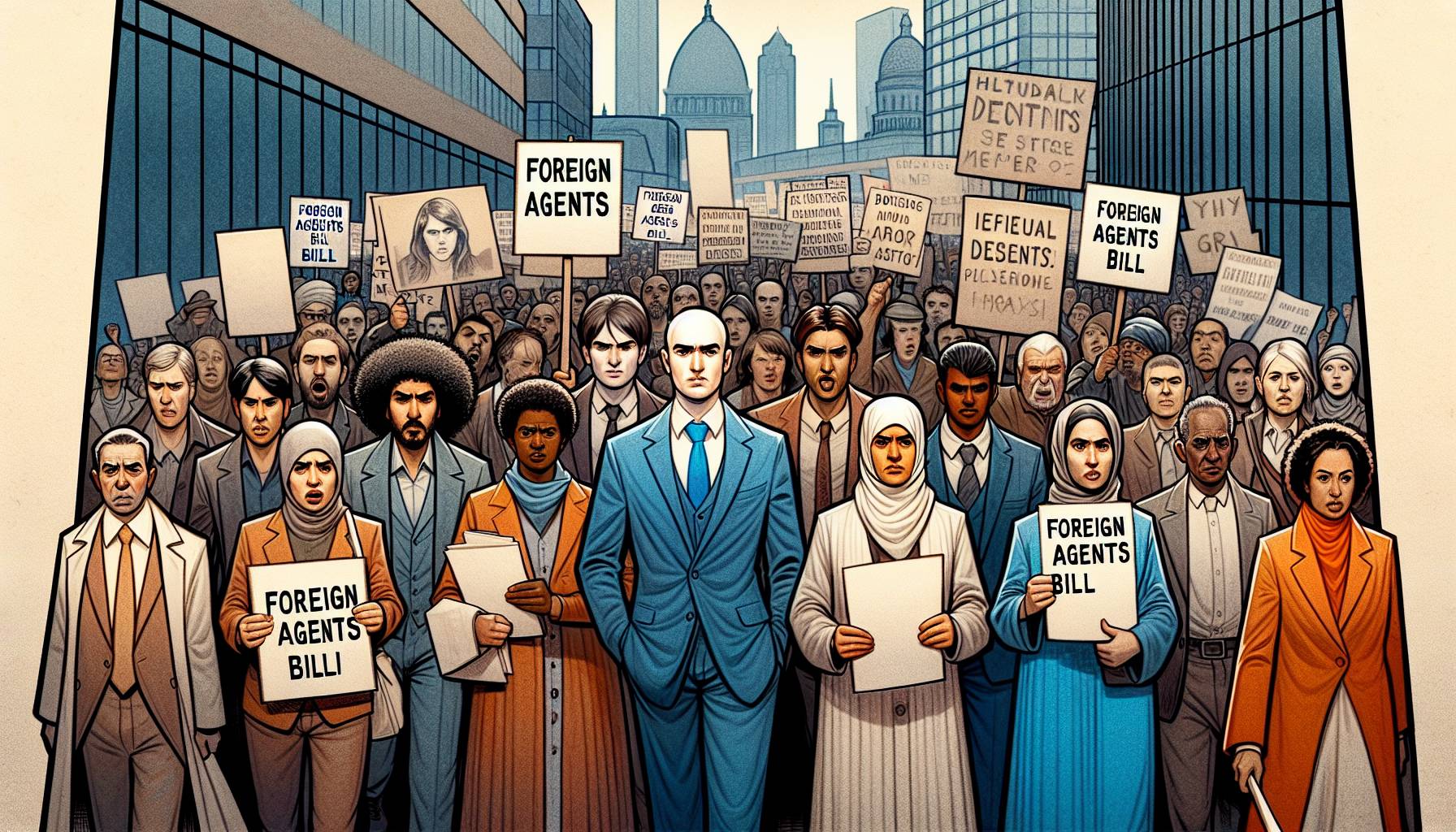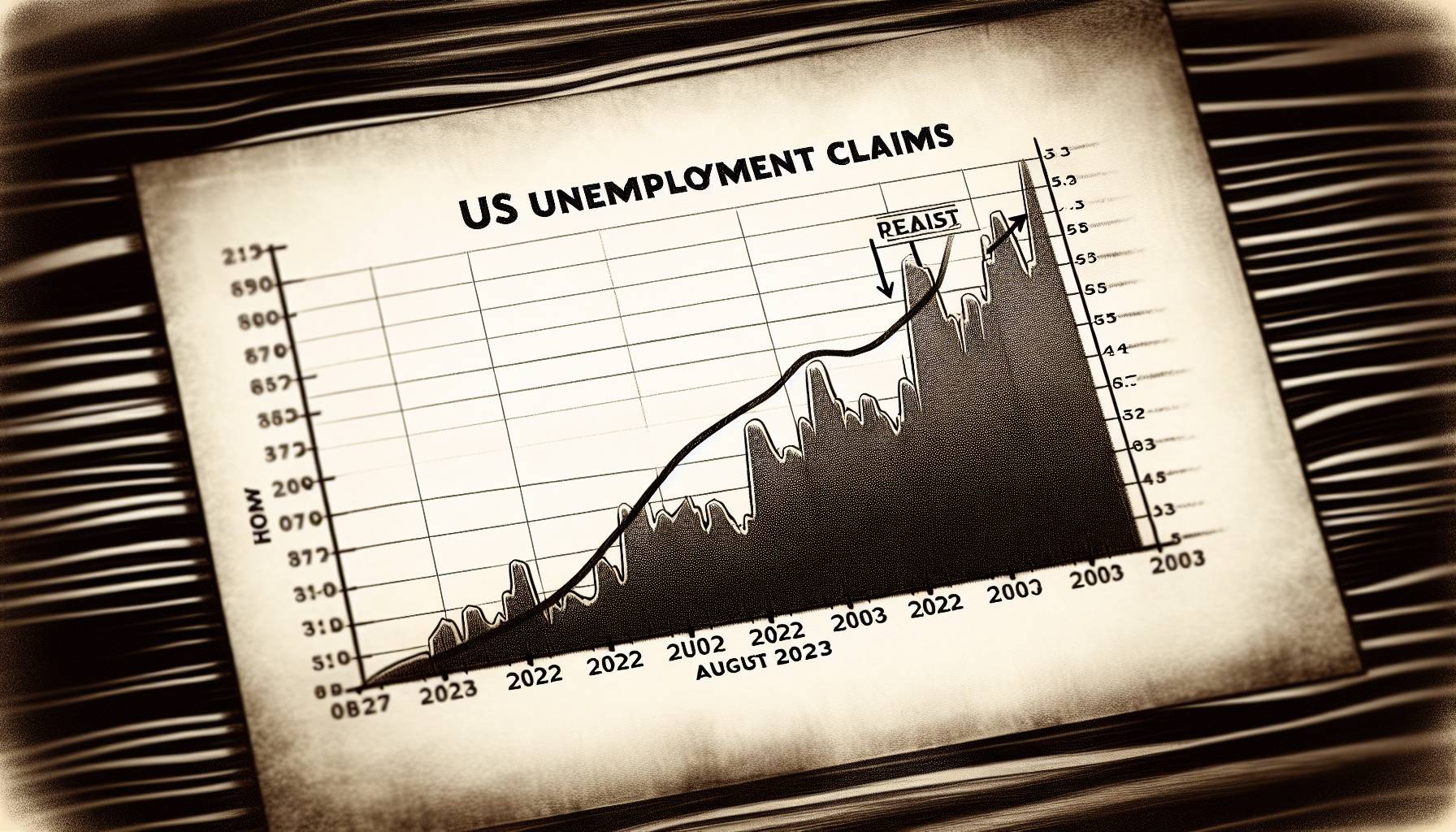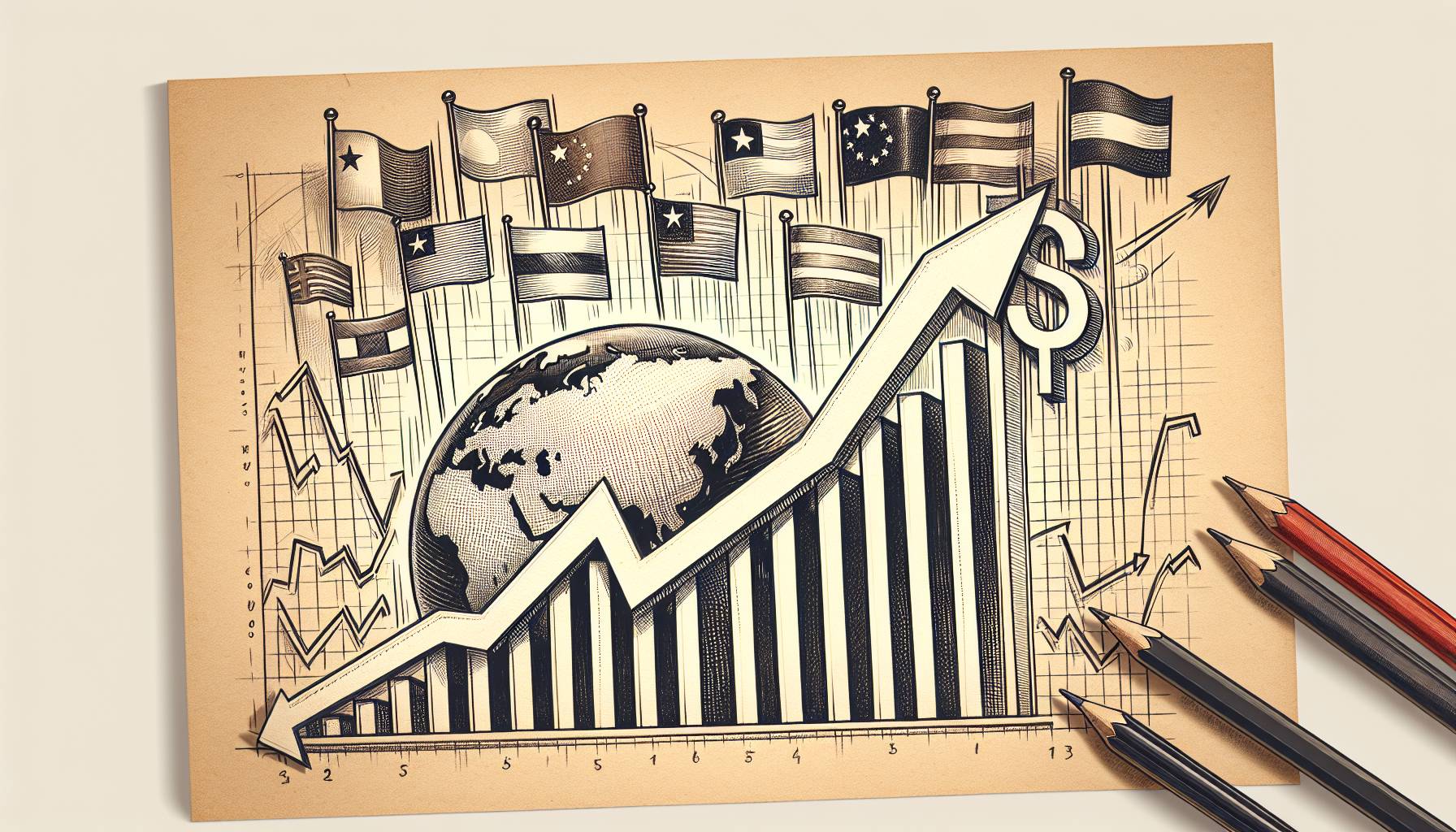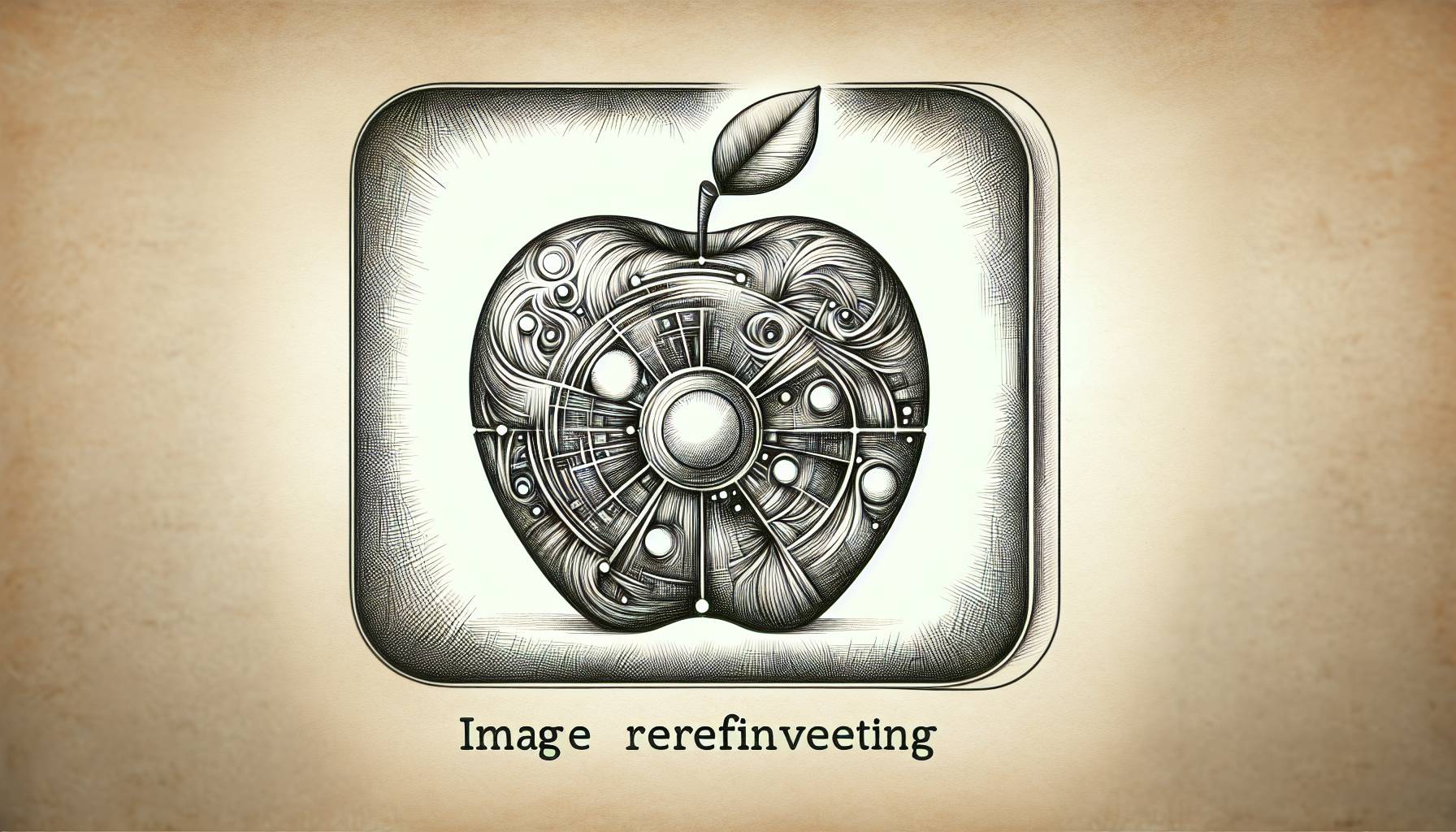The combined strike of actors and screenwriters continues to plague Hollywood, leading to an unpredictable fall movie season. Major films have been affected, and many stars are absent from movie sets. As a result, directors have taken on promotional responsibilities. However, this has caused tensions in the industry as all parties involved fight to find a solution that appeases everyone. The ongoing issue has resulted in halted production schedules, delayed premieres, and reduced box office revenues, which have significantly impacted the economy of the entertainment world.
Negotiations are currently taking place to achieve a compromise; however, the extended duration of these strikes raises concerns about how the industry will be able to recover smoothly. The strikes also threaten the careers of both emerging talent and veteran actors.
Effects of the Strikes on the Movie Industry
Although late-summer movie releases have not been significantly affected by the deadlock, concerns are growing as Labor Day approaches with no sign of the strikes ending. The lack of star power has impacted the Toronto International Film Festival, and it is raising questions about the feasibility of an Oscar campaign without potential nominees. The continuation of worldwide blockbusters without their casts is also at stake.
Insiders within the industry are concerned about the potential ripple effects of these strikes on movie production schedules, marketing strategies, and the overall health of the entertainment business. Additionally, major award shows, including the Oscars, could be disrupted, diminishing the excitement and glamour associated with these events.
Response to the Strikes by Film Releases
In response to these uncertainties, some fall film releases have been delayed, whereas others have adjusted their release dates in hopes of a resolution by early fall. Notable examples include the late October release of “The Marvels” (Nov. 10) and November’s “Dune: Part Two.” These adjustments aim to take advantage of the expected higher attendance at theaters as the situation stabilizes.
Studios are carefully monitoring the evolving landscape to make further decisions, keeping in mind the importance of balancing in-person attendance and streaming platform releases.
Screenwriters Strike and Its Effects on the Industry
The screenwriters strike, which is already in its fourth month without any visible progress towards a settlement, has majorly impacted both the film and television industry. As a result, both screenwriters and studios are experiencing significant financial setbacks, amplifying the need to find a resolution soon.
The ongoing issue has led to delays in production schedules and premieres, putting everyone involved in great jeopardy. The Screen Actors Guild-American Federation of Television and Radio Artists (SAG-AFTRA) initiated its work stoppage on July 14, but the Alliance of Motion Picture and Television Producers has not yet resumed discussions with the guild’s leadership. Actors and production staff are left in limbo as they wait for negotiations to resume and for the possibility of reaching an agreement.
Impact on Festivals and Film Events
The work stoppage has left festival stages noticeably empty, and red-carpet premieres are either subdued or non-existent. This has led to a significant shift in the dynamics of film festivals, with organizers and participants focusing on alternative methods of celebrating cinema.
Virtual events, online screenings, and live-streamed discussions have become the new norm, helping to maintain enthusiasm and engagement within the film community during these challenging times. The industry must continue to adapt to the ongoing situation and find new ways to promote films and celebrate the art of cinema, even as progress towards a resolution remains uncertain.
FAQs about the Hollywood Crisis
What is the main cause of the Hollywood crisis?
The Hollywood crisis is primarily caused by the combined strike of actors and screenwriters, which has led to halted production schedules, delayed premieres, and reduced box office revenues.
How is the ongoing crisis affecting the movie industry?
The crisis has impacted the economy of the entertainment world, threatened the careers of both emerging talent and veteran actors, and has the potential to disrupt major award shows, including the Oscars.
What are the concerns surrounding the strikes and the film industry?
There is growing concern about the potential ripple effects of these strikes on movie production schedules, marketing strategies, and the overall health of the entertainment business.
How have film releases responded to the strikes and uncertainties?
Some fall film releases have been delayed, while others have adjusted their release dates in hopes of a resolution by early fall. Studios are carefully monitoring the situation to make further decisions, balancing in-person attendance and streaming platform releases.
What is the impact of the screenwriters strike on the industry?
The screenwriters strike has majorly impacted both the film and television industry, leading to delays in production schedules and premieres, and causing significant financial setbacks for both screenwriters and studios.
How are festivals and film events affected by the work stoppage?
Festival stages have been left noticeably empty, and red-carpet premieres have become subdued or non-existent. Organizers and participants are now focusing on alternative methods of celebrating cinema, such as virtual events, online screenings, and live-streamed discussions.
First Reported on: news4jax.com
Featured Image Credit: Photo by Terje Sollie; Thank you













